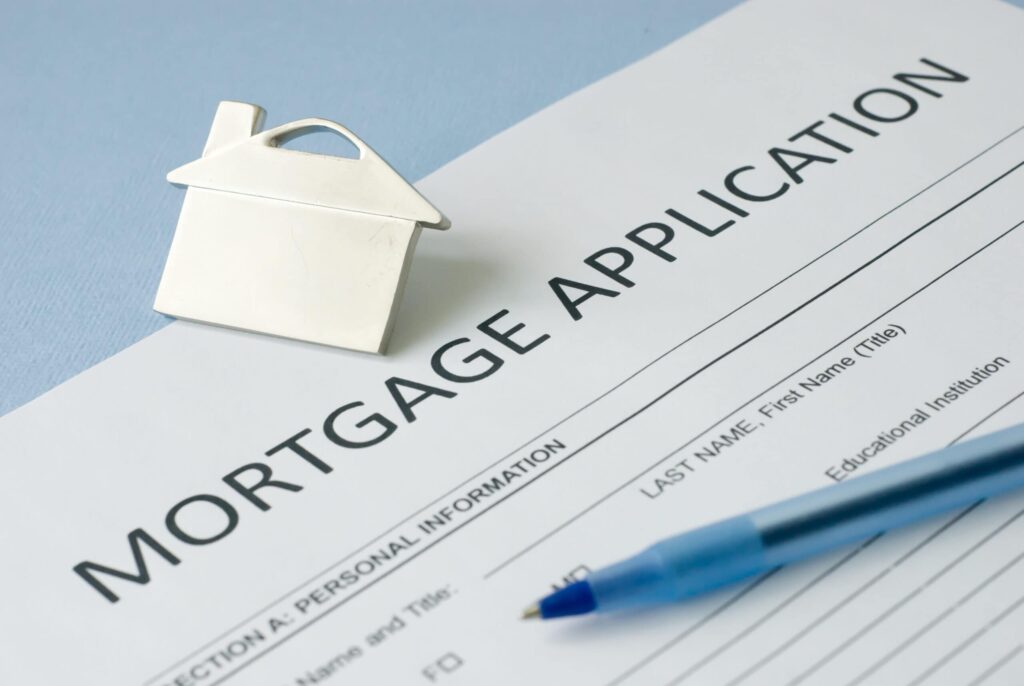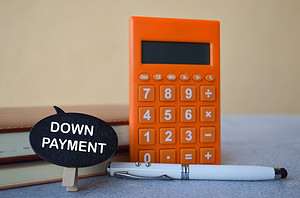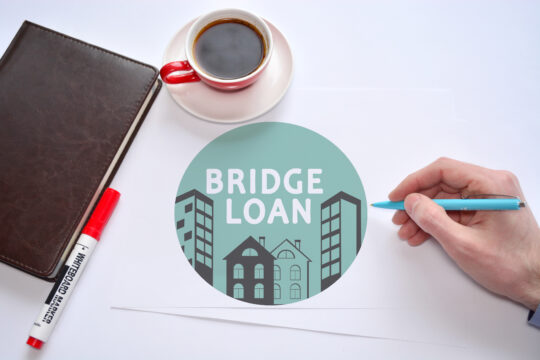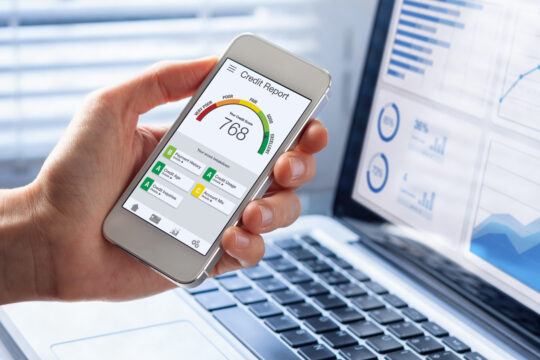Navigating Mortgage Pre-Approval: What You Need to Know
Congratulations! You’ve secured a mortgage pre-approval—this is a significant step towards buying your new home. However, it’s essential to remember that the journey doesn’t end here. One crucial element that could impact your mortgage approval is time. A lot can change from the moment you receive your pre-approval to the closing date of your new home.
Understanding the Importance of Time
When you receive pre-approval, it typically means that a lender has assessed your financial situation based on the information you’ve provided. However, before you officially close on your new home, the lender will likely conduct a second credit check. Most lenders require this updated credit report to be no older than 30 days at the time of closing. This check is part of their pre-funding verification process, designed to ensure you haven’t incurred additional debt that could affect your ability to repay the mortgage.
If there’s a significant gap between your pre-approval date and your closing date—especially if it’s over 30 days—your financial situation may have changed, and that could lead to complications. For instance, if you’ve taken on new debt or if your credit score has decreased, your mortgage terms might need to be adjusted. In the worst-case scenario, the lender could require a larger down payment or even deny your mortgage application altogether.
Key Mortgage Pre-Approval Don’ts
Here are essential pitfalls to avoid once you’ve been pre-approved:
- Avoid Applying for New Credit:
Any new credit applications can negatively impact your credit score. This includes everything from applying for a new credit card to taking out a loan for appliances or furniture. Each credit inquiry can reduce your score by several points, potentially affecting your mortgage application. Be particularly cautious with new accounts from utility companies or cell phone providers. - Don’t Pay Off Collections or Charge-Offs:
While paying off old collections might seem like a good idea, it can actually hurt your credit score by resetting the date of last activity. Consult your mortgage broker before making such payments to ensure it won’t complicate your application. - Don’t Close Credit Accounts:
Closing credit cards or lines of credit can increase your credit utilization ratio, which may negatively affect your credit score. Keeping accounts open, even with zero balances, can demonstrate stability to lenders. - Don’t Max Out Your Credit Cards:
It’s crucial to maintain low balances on your credit cards—ideally below 30% of your credit limit. If you max out or exceed your limit, you could see a significant drop in your credit score. - Avoid Consolidating Debt:
While consolidating debt onto a single credit card might simplify payments, it can also make that card appear maxed out, adversely affecting your credit score. - Steer Clear of Job or Income Changes:
Changing jobs during this period can raise red flags for lenders regarding your financial stability. Stability is key when securing a mortgage. - Don’t Co-Sign for New Credit:
Adding any new credit obligations, including co-signing a loan, can complicate your financial situation and should be avoided. - Don’t Transfer Large Sums of Money:
Making large, unexplained deposits can raise questions during the verification process. It’s best to keep your financial movements transparent.
Essential Mortgage Pre-Approval Do’s
Now that you know what to avoid, here are actions you should take to ensure a smooth mortgage process:
- Consider a Credit Monitoring Service:
Joining a credit monitoring program allows you to track your credit report regularly. This way, you can identify and address any issues that arise before closing. - Stay Current on Existing Accounts:
Keeping your accounts in good standing is crucial. Late payments can significantly impact your credit score and may be a dealbreaker for lenders. - Continue Using Credit Normally:
Maintain your usual credit habits—use your cards, make timely payments, and keep balances low. This demonstrates responsible credit behavior to lenders. - Communicate Openly with Co-Applicants:
If you’re applying for a mortgage with someone else, discuss your credit situation openly to ensure you’re both on the same page. - Document Significant Deposits:
Keep records of any large deposits into your accounts, as lenders may require proof of these funds. - Have Recent Pay Stubs Ready:
It’s wise to keep a copy of your recent pay stubs handy in case the lender needs to verify your income. - Prepare Your Down Payment Early:
Ensure your down payment is ready at least two weeks before the closing date to avoid last-minute issues. - Reach Out to Your Mortgage Broker with Questions:
When in doubt, contact your mortgage broker. They can provide invaluable advice and insights regarding your financial situation.
Related Article: Everything You Need To Know About Mortgage Pre-Approvals
Conclusion
Navigating the mortgage pre-approval process can be intricate, but being informed and proactive can make a significant difference. By understanding what to avoid and what actions to take, you can increase your chances of securing the financing you need for your new home. Remember, your mortgage broker is a vital resource—don’t hesitate to lean on their expertise for a smooth home buying experience!




